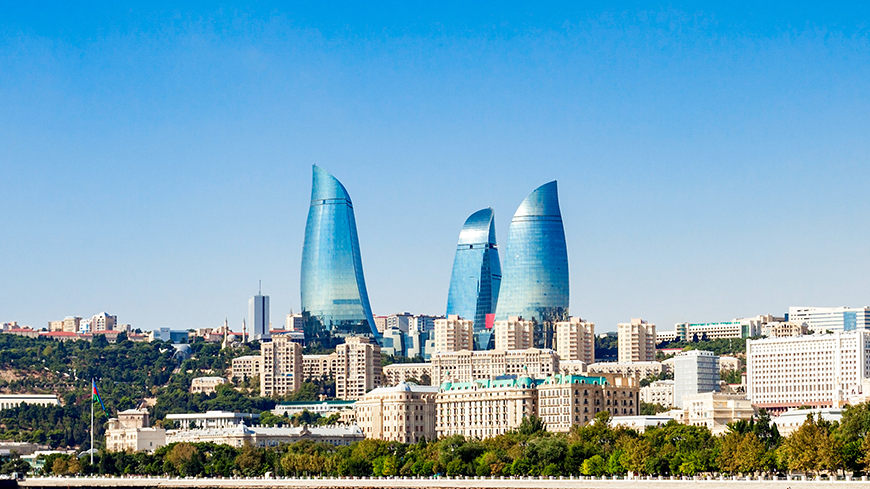Over the past seven years, Azerbaijan has developed good practices in education and migrant integration, but more needs to be done in the fields of legislation and tackling hate speech, says the Council of Europe anti-racism body ECRI in its report published today (see also the Azeri version of the report)
Since the previous report adopted in March 2016, progress has been made and good practices have been developed, the report says. Human rights related topics have been integrated into school curricula. The authorities’ efforts to regularise the legal status of migrants irregularly present in Azerbaijan have yielded positive results and notably led to a 10% reduction in the number of these persons in the country. The Law on Information, Informatisation and Protection of Information now prohibits Internet providers and individuals from distributing any information promoting violence, religious extremism or inciting hatred and obliges them to take down and remove such illegal content within eight hours. Significant efforts were invested into the integration of migrants and ensuring their access to public services and benefits available to them. The issuance of work and residence permits were also simplified and accelerated by electronic procedures. Migrant workers with permanent residence enjoy the same social protection rights as Azerbaijani nationals, while refugees are entitled to access the labour market since 2020.
ECRI welcomes these positive developments in Azerbaijan. However, despite the progress made, some issues give rise to concern. ECRI makes recommendations to the authorities to address them.
The authorities should adopt an effective general anti-discrimination legislation covering all grounds and areas of life, including the grounds of sexual orientation, gender identity and sex characteristics. The authorities should also take further measures to ensure institutional independence and increase the effectiveness of the Commissioner for Human Rights (Ombudsman).
When it comes to countering hate speech, ECRI shares the grave concerns expressed by other international bodies, including the Commissioner for Human Rights of the Council of Europe and the UN Committee on the Elimination of Racial Discrimination, about the use of a language in the public sphere that propagates racist stereotypes and perpetuates animosities. Notably, persistent adversarial narrative against Armenia, which is rooted in the context of the long-lasted conflict and confrontations related to Nagorno-Karabakh, has continued, and the public discourse has been marked by the use of inflammatory rhetoric in public statements by politicians, including at the highest political level, and other public figures, as well as by the wide dissemination of hateful content, in traditional and social media. In addition, anti-LGBTI statements have also become a common occurrence. The prevalence of stereotypes and prejudice against LGBTI persons have exposed them to hate-motivated violence, which resulted in several serious incidents.
The authorities should therefore reinforce their responses against hate speech by setting up an inter-institutional working group to develop a comprehensive strategy to tackle effectively racist and LGBTI-phobic hate speech. In addition, public figures should be strongly encouraged to take a prompt, firm and public stance against the expression of racist and LGBTI-phobic hate speech and react to any such expression with strong counter-speech messages and alternative speech.
There is still no systematic data collection on the number of reported incidents of racist or LGBTI-phobic hate crimes. The legal framework on hate speech falling within criminal law remains limited and criminal action is seldom taken. The authorities should set up a comprehensive data collection system and make the data available to the public, ECRI says.
With regard to integration and inclusion, in close cooperation with local authorities and civil society organisations, the authorities should adopt a comprehensive integration strategy for migrants, including persons who are seeking or have been granted international protection. The authorities should also evaluate the situation of the Roma community with a view to developing a Roma-specific strategy.
* * *
The European Commission against Racism and Intolerance (ECRI) is a unique human rights body that monitors action against racism, discrimination (on grounds of “race,” ethnic/national origin, colour, citizenship, religion, language, sexual orientation, gender identity and sex characteristics) and intolerance in Europe. It prepares reports and issues recommendations to member states.



